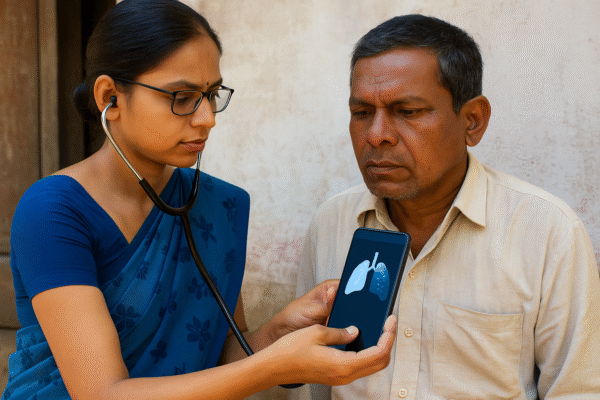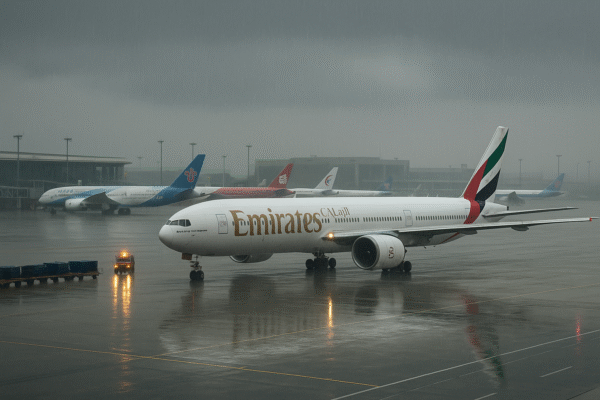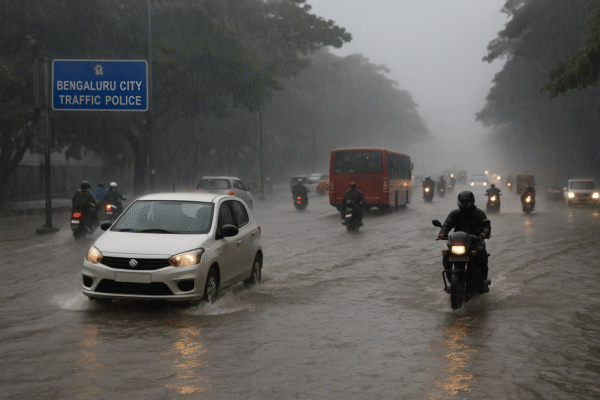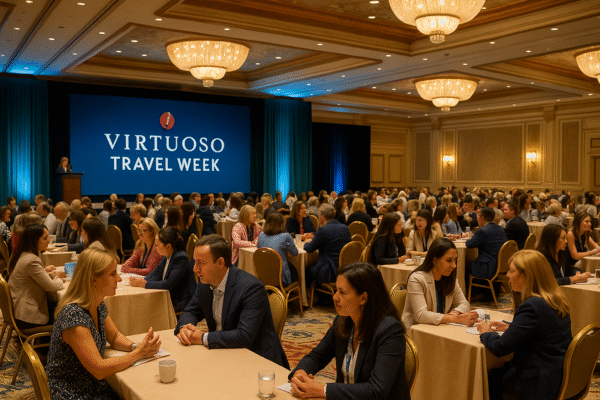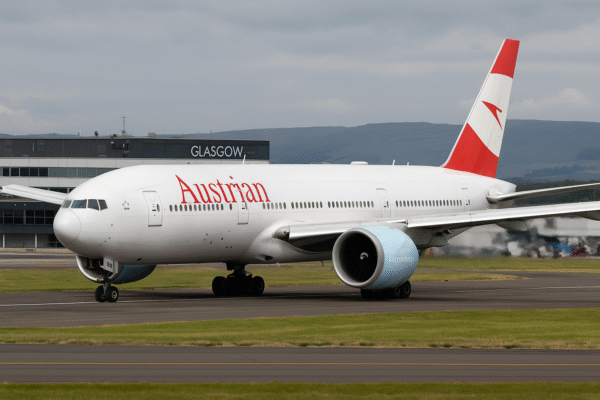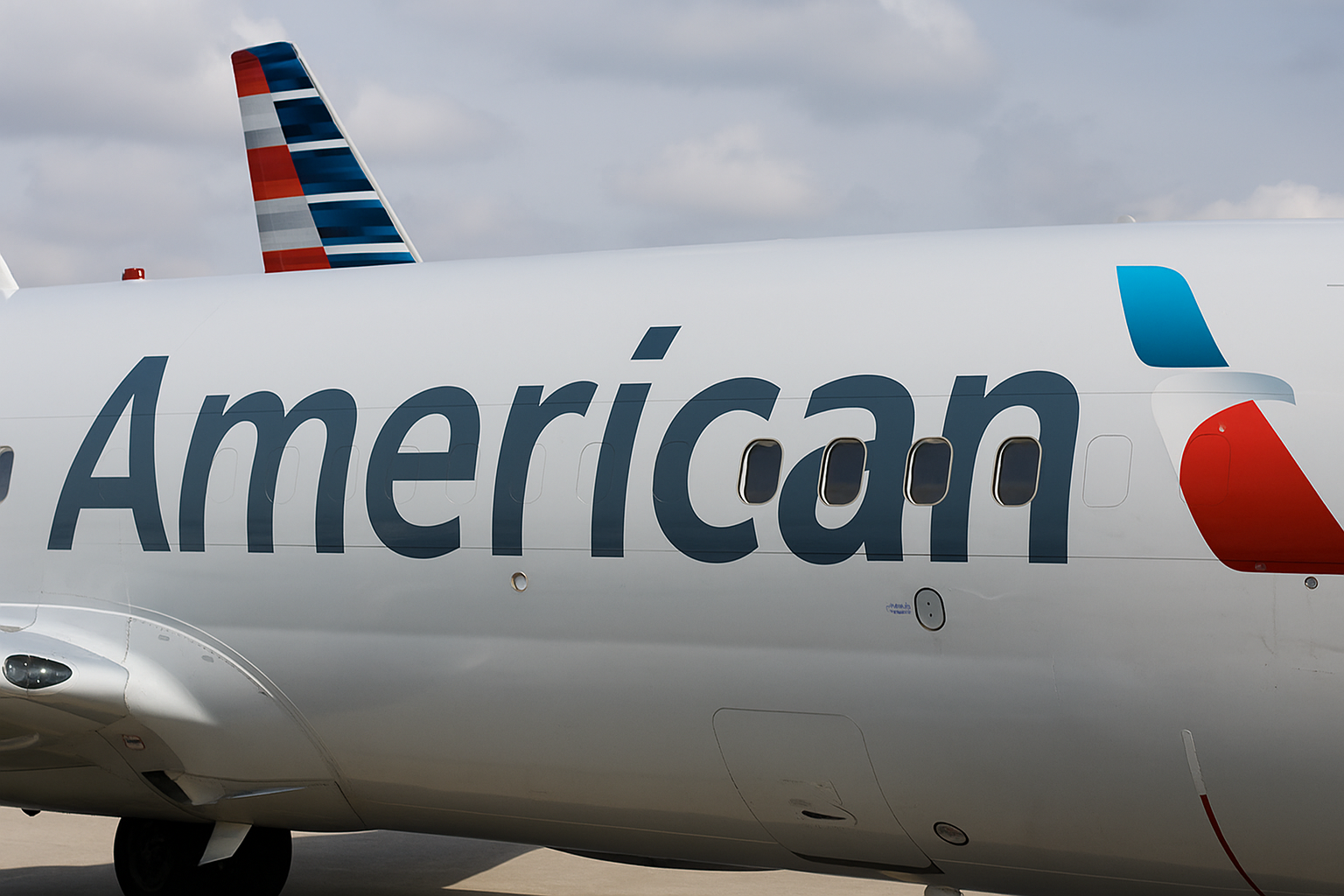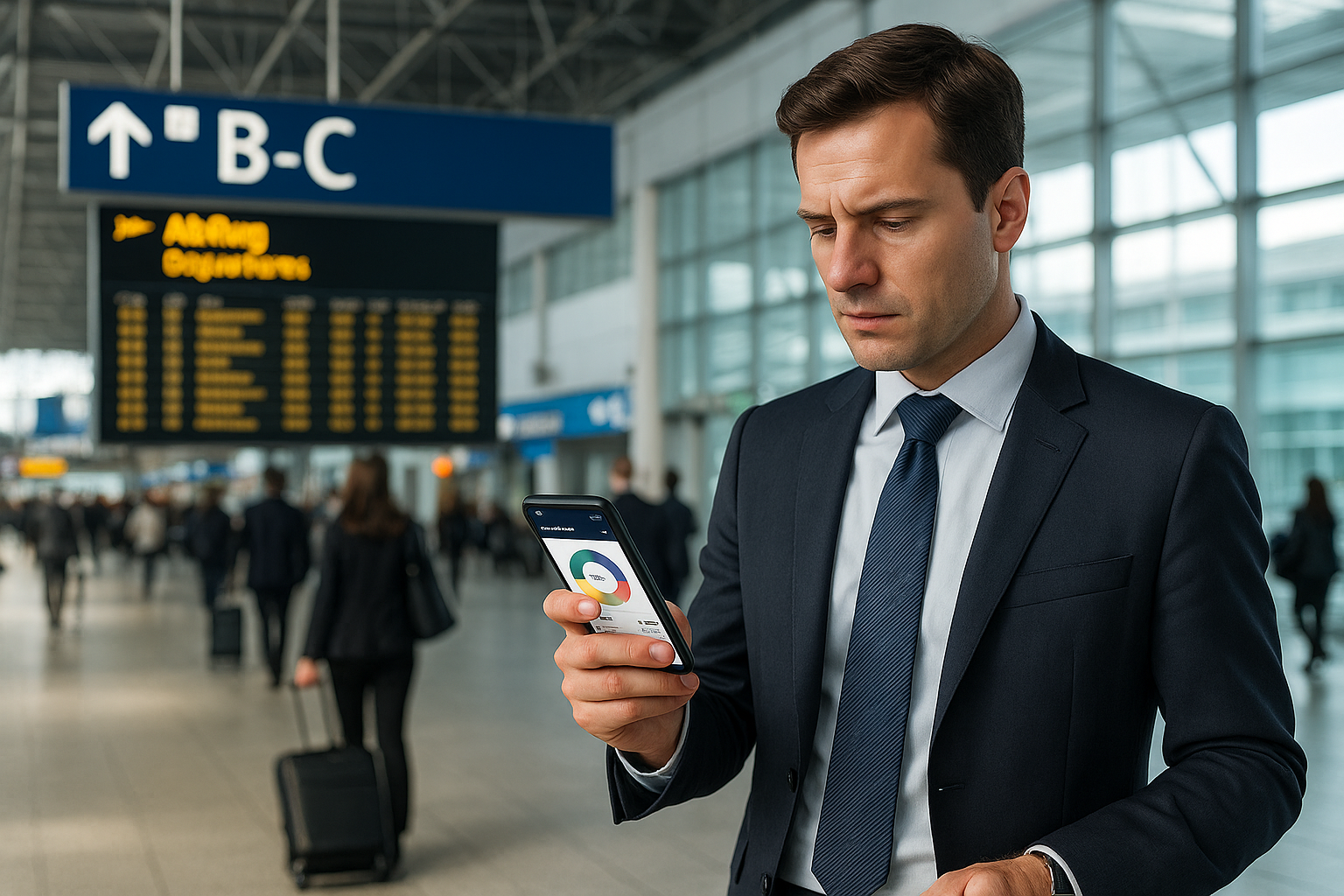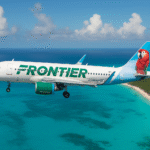Germany’s Business Travel Costs Surge in 2024: Rising Airfares, Event Budgets, and Expense Management Challenges
Germany’s corporate travel sector is undergoing significant cost inflation in 2024, according to new findings from SAP Concur, a leading provider of digital travel and expense management solutions. The report reveals a striking 15% increase in year-over-year business travel costs, underscoring the ongoing challenges companies face as they return to in-person meetings and international engagements in a volatile economic climate.
Despite global economic headwinds and persistent inflation, in-person business travel remains vital to many corporate strategies across Germany. From client meetings in Frankfurt to global expos in Berlin and strategy retreats in Munich, companies are resuming face-to-face engagements. However, these efforts now come at a notably higher price.
Airline Tickets Dominate Corporate Travel Budgets
One of the most significant contributors to this rise is the cost of airline tickets, which now average €497 per expense report. Flights are the single largest line item in business travel budgets, outpacing all other categories and accounting for 21% of total expenses.
SAP Concur’s analysis highlights that these ticket prices have grown at a faster pace than nearly any other category, influenced by global fuel price volatility, airport operational costs, and constrained airline capacity amid high demand. Many German companies are now exploring alternative routes and modes of travel—including high-speed rail via Deutsche Bahn—as ways to mitigate this surge.
Car Rentals and Event Costs Also Climb
Alongside airfare, car rental expenses have jumped significantly, now averaging €207 per report. Businesses relying on vehicle hires for client visits or regional travel are feeling the pinch, particularly in major hubs such as Hamburg and Düsseldorf.
Meanwhile, corporate events have re-emerged as a major cost driver. Spending on team offsites, conferences, and industry networking sessions rose 26% compared to 2023, reaching €120 per report. This rebound reflects the rising priority companies place on human interaction, internal alignment, and building client relationships in post-pandemic operations.
The increase in event-related spending also suggests a pivot back to centralized meetings that require travel, accommodations, and venue hires—intensifying pressure on overall budgets.
Hospitality and Entertainment See Moderate Increases
Interestingly, hospitality-related costs such as meals and client dinners experienced only a modest 6% increase. Averaging €24 per report, these costs remain a frequent—yet relatively stable—component of corporate travel.
However, the hospitality segment still represents 14% of total travel expenditure. In cities like Cologne and Stuttgart, coffee meetings, restaurant engagements, and informal team outings are increasingly common but closely monitored due to their cumulative impact.
Public transport remains another key element, with 17% of expense reports referencing costs from taxis, trains, or shared mobility services. This figure reflects the growing preference for efficient urban transport alternatives, especially in dense city centers where car hires are less practical.
Overnight Stays Remain the Largest Travel Cost Category
While airfares have risen sharply, overnight stays continue to account for the largest share of business travel spending in Germany—comprising 28% of total costs. Hotel prices in major commercial hubs have risen in step with demand, driven by global supply chain pressures and hospitality staffing shortages.
SAP Concur’s data shows that overnight accommodations are critical to business operations, especially as professionals attend multi-day events or travel between cities for back-to-back meetings. Lodging expenditures are especially prominent in high-demand destinations such as Berlin’s Mitte district and Munich’s business quarters near Schwabing.
Miscellaneous Costs on the Rise
Notably, “miscellaneous” travel costs—often overlooked in traditional budgeting—saw a 21% year-over-year rise. These include incidental expenses like tolls, Wi-Fi access, baggage handling, and parking fees. Although these appear minor individually, their frequency can accumulate to a sizable portion of travel budgets when left untracked.
Experts caution that without proper oversight, these small charges can lead to substantial leakage in cost-efficiency, especially for medium-to-large enterprises with frequent traveler programs.
Digital Expense Management Becomes Mission-Critical
The SAP Concur report emphasizes a growing divide between companies that actively track travel expenses and those that rely on outdated systems. Businesses using advanced digital tools are better equipped to identify inefficiencies, adapt to economic shifts, and maintain cost control amidst rising travel prices.
Organizations without streamlined platforms may find themselves at a disadvantage, missing opportunities for optimization and failing to meet evolving budget constraints.
Strategic Outlook: Navigating Germany’s Business Travel Future
With business travel rebounding, German companies must reassess their corporate mobility strategies to ensure long-term sustainability. The 15% jump in costs, driven by airfare, lodging, and events, is likely to remain through the year as inflation and geopolitical uncertainty persist across Europe.
Smart travel policies, real-time expense tracking, and cost-optimization initiatives will be essential. Companies investing in scalable travel management systems—particularly those leveraging artificial intelligence and real-time analytics—will be best positioned to gain visibility and retain control over rising travel budgets.
As Germany remains one of Europe’s most pivotal business travel markets, especially in industries like automotive, tech, and finance, mastering these cost challenges will play a crucial role in operational efficiency and long-term growth.
For more travel news like this, keep reading Global Travel Wire



